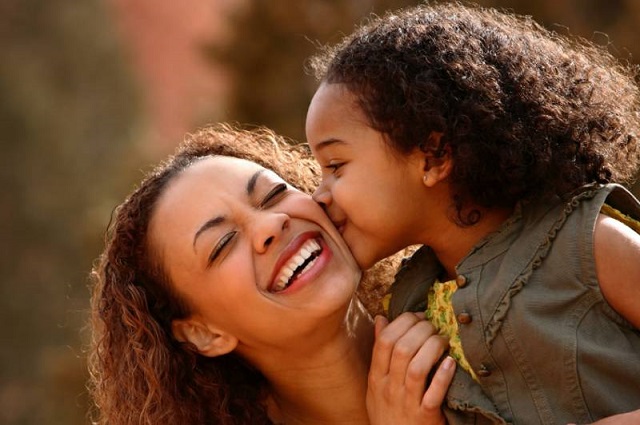Adoption is a legal process whereby a person obtains judicial or administrative authorisation to take (usually but not invariably) the child of another person as his own and parental rights and obligations are permanently transferred from the child’s natural parents to the adopter.
Here are the most important facts you should know about this process in Nigeria:
CHILDREN WHO MAY BE ADOPTED
The Act provides for 2 categories of children (under the age of eighteen) who may be adopted. In the first category are children whose parent(s) had abandoned them or where there are no surviving parents. In this situation, the guardian’s consent is sought for their adoption. Thus, where a child’s parents are ill-equipped economically, socially, psychologically or other wise to take care of the child, they may voluntarily give up the child for adoption. For example, a teenage girl who becomes a single parent while in school or learning a trade and cannot at the same time cope with the responsibilities of child rearing may give up the child for adoption.
In the second category is a child who is abandoned, neglected or persistently abused or ill-treated and there are compelling reasons in the interest of the child why he should be adopted. Adoption of a child under this category does not require parental consent. This poses no problem in the case of an orphaned or abandoned child. However, in the case of a child who has been neglected or persistently abused or ill-treated by his parents, one wonders what compelling reasons could justify the adoption of the child willingly without seeking his parent’s consent. Rather than authorize the adoption of such a child without the parents’ consent, the court can as well take care of his interests by applying the provisions of part IV and V of the Child Right Act 2003 which deals with protection of children and children in need of care and protection, respectively.
Similarly, the court may make an order for any of the other forms of alternative child care provided for in the Act, such as guardianship, wardship fostering etc. These alternative solutions do not entail a permanent severance of the parent-child relationship between the child and his natural parents.
PERSONS WHO MAY ADOPT
By the provisions of section 129 of the Act, the following persons may apply for an adoption order:
1. A married couple where each of them has attained the age of twenty-five years and there is an order authorizing them jointly to adopt a child.
2. A married person, if he has obtained the consent of his spouse.
3. A single person, if he has attained the age of thirty-five years provided.
4. A sole female applicant can adopt a male child happily enough; the Act has redressed the imbalance by extending the prohibition to both male and female applicants alike.
The provisions of the Act pertaining to the age of the applicant(s) for adoption are rather incoherent. Whilst section 129(a) (1) states that where a married couple are joint applicants for adoption each of them must have attained the age of twenty-five years, Section 131(1) (a) requires only one of them to have attained that age who, in addition, must be least twenty-one years older than the child. As an illustration; H (aged twenty-five) and W (aged twenty-three) jointly apply for the adoption of C (aged two). Going by section 129 of the Child’s Right Act, 2003 the couple are not eligible to adopt jointly, as W has not attained the age of twenty-five, but by virtue of section 131, they can adopt, as one of them (H) has attained the requisite age.
Besides, a strict interpretation of the provisions of section 129 will result in absurdity in the sense that H and W cannot adopt jointly under section 129(a) because W is under-aged; H alone can adopt with the consent of W by virtue of section 129 (b). Similarly, whilst section 129 (c) provides that a single person applying for adoption must have attained the age of thirty-five years, by section 131 (1) (a) such an applicant merely needs to attain the age of twenty-five years, provided he is twenty-one years older than the child to be adopted. In as much as it seems to us that the word “thirty-five” contained in section 131 (1) (a) must be a mistake; the law is well-settled that where a word used in statute is unclear and unambiguous, it should be given its natural meaning.
To be continued …
Related articles:
History of Adoption Law in Nigeria
About the Writer: Evans Ufeli is a lawyer and the author of acclaimed novel, ‘Without Face’. He is also an Alumni member of the Writers Bureau, Manchester, a highly sought-after conference speaker with a passion for the concept of change. He lives in Victoria Island, Lagos. You can contact him via Facebook: Evans Ufeli, Email: [email protected], Twitter: @Evansufeli and Phone: 08037712353. He blogs at www.ethicsafrica4u.wordpress.com.


